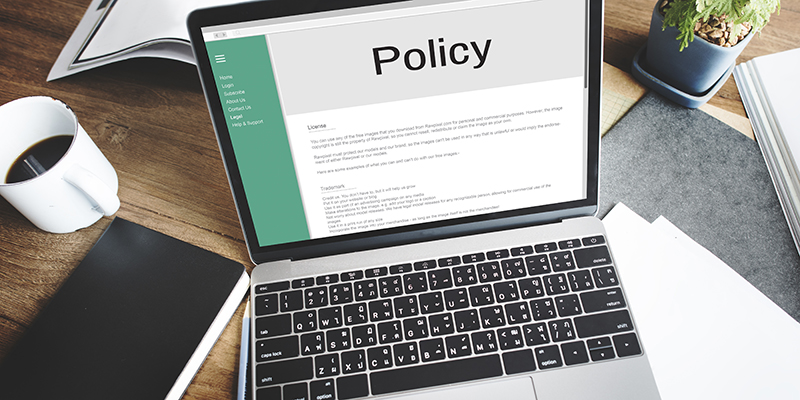Operating within Australia’s alcohol industry means dealing with a patchwork of state-based laws, national guidelines, and regulatory expectations. For wholesalers and venues, understanding the legal environment isn’t just about compliance—it’s about protecting your business and building trust with partners and customers alike.
At Paramount Liquor, we work with a wide network of licensed venues across the country and stay aligned with the regulatory landscape to ensure smooth, lawful supply. While we don’t provide legal advice, this guide outlines some of the key regulatory areas every wholesale liquor suppliers and buyers should be familiar with in 2025.
Licensing Requirements Vary by State
Australia does not operate under a single national liquor licensing framework. Instead, each state and territory has its own legislation and regulatory body.
Some of the key regulators include:
- Victoria: Victorian Gambling and Casino Control Commission (VGCCC)
- New South Wales: Liquor & Gaming NSW
- Queensland: Office of Liquor and Gaming Regulation (OLGR)
- Western Australia: Department of Local Government, Sport and Cultural Industries (DLGSC)
Wholesalers must ensure they are licensed in accordance with the relevant state requirements and that any client they supply holds an appropriate on-premise, off-premise, or special event licence.
Wholesale and Producer Licences
In most jurisdictions, wholesale liquor licences are distinct from general or on-premise licences. These permits allow suppliers to sell liquor to licensed venues but not to the general public. Some producers (e.g., wineries or distilleries) may also be licensed to supply under a producer/wholesaler model, subject to volume limits or distribution restrictions.
Ensuring that liquor is only supplied to verified licensees is a core obligation. Paramount Liquor’s account management process includes ABN and liquor licence validation to support responsible trade relationships.
Responsible Service Obligations Still Apply
While Responsible Service of Alcohol (RSA) requirements are typically associated with front-of-house staff, wholesalers also have responsibilities when it comes to the marketing and promotion of alcohol. This includes:
- Avoiding promotional messaging that encourages excessive consumption
- Ensuring advertising does not target minors
- Being mindful of packaging, labelling, and point-of-sale material
Venues should also be aware of any state-specific rules around secondary supply (e.g., serving minors at private events), signage requirements, and service hour restrictions.
Transport, Labelling, and Record-Keeping
Alcohol must be stored, transported, and delivered in line with state and federal laws. For example, many jurisdictions require detailed records of sales, delivery addresses, and licence numbers for audit purposes.
Labelling must comply with national standards (e.g., ABAC and FSANZ regulations), which cover elements such as:
- Alcohol content by volume (ABV)
- Standard drinks per container
- Allergen and preservative information
- Pregnancy warning labels (mandatory under FSANZ since July 2023)
Paramount Liquor works closely with producers to ensure product labelling is compliant before it reaches our clients.
Staying Ahead of Change
Regulatory frameworks evolve over time—particularly in areas like alcohol advertising, digital ordering platforms, and delivery services. Wholesalers and venues alike benefit from staying informed through their local regulator’s updates and industry associations.
While Paramount Liquor does not provide legal advice, our team monitors major regulatory shifts that affect supply and venue operations, ensuring our service remains aligned with best practice.
Running a compliant venue or wholesale operation doesn’t just reduce legal risk—it fosters credibility in a tightly regulated industry. For those seeking a reliable wholesale liquor partner who understands the operating environment, Paramount Liquor is ready to support you.
Contact us to learn more about how we work with licensed venues across Australia.

